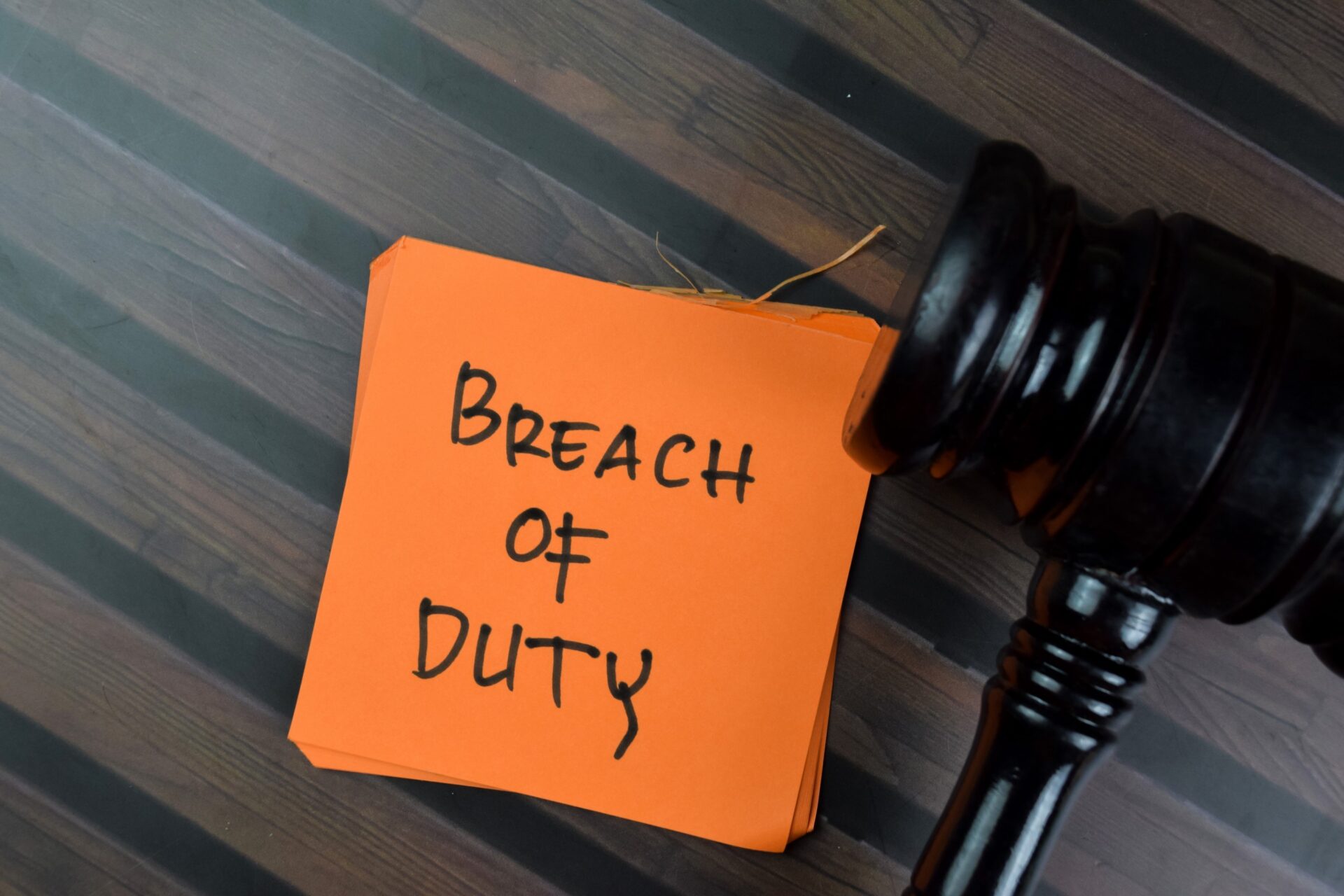Find out what duties you have as a company director and how you can avoid being penalised by regulators like ASIC.
Get Help Meeting Your Obligations
As a company director, you have certain duties the law requires that you fulfil. But understanding those duties can be hard – and, if you’ve accidentally breached them, you need to respond proactively.

1. Initial Consultation
Submit a form or call us to book a consultation with one of our experienced employment law solicitors.

2. Post-consult Advice
After we’ve reviewed your situation, your solicitor will give you advice about the best way to fulfil your duties or respond to regulator activity.

3. Next Steps
However, you want to move forward, we’ll be with you every step of the way, supporting you with expert advice and empathetic representation.

What Are the Duties of Directors in Australia?
As a director, you have certain duties that you are legally obliged to follow – duties that begin when you accept your directorship in writing.
These include:
- Applying for and receiving a director’s ID
- Making business decisions in good faith and for a proper purpose
- Making those decisions in the interests of the company, not yourself
- Undertaking due diligence about the impact of business decisions
- Disclosing any material personal interests you have
- Preventing the company from trading while insolvent
- If the company is being wound up, to help the liquidator
Directors’ duties are complex, and directors of public companies have more obligations than directors of proprietary (small business) companies.
Breaches of Directors’ Duties in Australia
As a director, understanding and fulfilling your duties is essential.
Breaches can see ASIC take you to court, where you could receive up to five years in jail and up to $200,000 in fines.
Importantly, breaching your duties opens you up to civil lawsuits as well.
For example, if your failure to take reasonable care resulted in a consumer suffering a serious injury, you could face a personal injury case with a claimant seeking millions in damages.
Often, breaching your duties also means committing other crimes.
For example, illegal phoenix activity is a breach of directors’ duties and itself a crime, punishable by up to 15 years in prison.
If you’ve been charged with a breach, or suspect you’re under investigation, get in touch with our team to find out how we can help.

Success Story
”Absolutely i would recommend 100% they are the best lawyers ive ever delt with. very professional and polite, great to work with and always get back to you and help with any questions or explaining you may need help with. Always amazing to talk to on the phone when calling about anything and also in person. Absolutely amazing at their job when in court and out of court with preparation or anything that needs to be done. I highly recommend this firm over any others no doubts at all. They have a great atmosphere when in the office and i always felt welcomed when there and that everyone is so nice and easy to talk to great people in general.
Mathew

Penalties for Breaches of Directors’ Duties
Breaching your duties as a director can lead to:
- Criminal charges punishable by up to five years in prison
- Personal liability for fines, compensation, and company debts
- Being disqualified or banned from holding directorships
If you have breached your duties, truthfully explaining what happened to the Court may lead to lesser penalties or even a dismissal of the charges.
For example, showing that you believed your actions were genuinely in the company’s best interest could be beneficial.
If you received advice from a professional that was ultimately unsound, demonstrating that you had reasonable grounds to trust that advice could also be exculpatory.
Get in touch with one of our solicitors to find out how we can represent your side of the story to the Court in the best possible light.
Your Law Team
Jesse LaGreca
Partner | Principal Solicitor
Jesse is a highly experienced commercial solicitor admitted at both the Supreme Court of Victoria and the High Court of Australia.
He excels at partnering with growing organisations to help drive sustainable growth.

Practical Guides to Commercial Law
When you’re preparing for your consultation with one of our team, reading up on the basics of commercial law can be helpful.
Get started with our library of easy-to-read articles and guides.

Understanding Business Structures: Exploring Your Options and Evaluating the Pros and Cons
Directors’ Duties FAQs
Who qualifies as a director in Australia?
In Australia, you can be a director of a company as long as you are over 18 years old and meet certain conditions. These conditions are that:
- you’re not currently bankrupt;
- you haven’t failed to comply with a personal insolvency agreement;
- you’re not currently banned by ASIC or a court from managing corporations; and
- you haven’t been convicted of or jailed for dishonesty-related offences in the last five years.
All proprietary companies must have at least one director. All public companies must have at least three directors.
To become a director, you will need to be appointed to the role and accept directors’ duties by providing your consent in writing (your company will need to keep this written consent). Once you’ve accepted the role, you’ll need to notify ASIC.
In some situations, a person can be legally considered a director even if they haven’t been officially appointed as one. ‘Shadow directors’ are people who essentially act in the same way as appointed directors – they have enough authority that other directors and company officers act in accordance with their instructions.
Like appointed directors, shadow directors must comply with directors’ duties, and can be penalised if they fail to do so.
What are directors’ duties to shareholders?
Directors don’t normally have a direct duty to shareholders. Their duty is to the company, which protects shareholders’ interests.
In some cases, though, especially with quasi-partnerships (companies that operate as, to all intents and purposes, partnerships), a director may have a duty to inform shareholders of certain information that may affect their decision-making, especially if withholding that information benefits the director.
Exactly when a director owes shareholders a fiduciary duty can be unclear, so it’s generally a good idea to seek advice from an experienced commercial solicitor.
What cyber security duties do directors have?
Just like analogue operations, directors are required to take reasonable security measures and conduct due diligence when operating in digital environments. There are no significant differences between the digital and analogue duties of directors.
Is trading while insolvent a breach of directors’ duties?
Normally, trading when your company is unable to pay debts by their due date (insolvency) is illegal.
Directors who continue to trade while insolvent can face legal action from ASIC, creditors, or liquidators. Importantly, the onus is on the company to prove that it is not insolvent – failing to keep adequate financial records means it will be presumed to be insolvent.
In 2017, though, the federal government passed ‘safe harbour’ legislation, which established a legal safe harbour in which directors can turn their companies around. Under that legislation, directors can trade while insolvent without being personally liable, but must meet certain standards in order to qualify for protection.
Insolvent trading under safe harbour provisions must be reasonably likely to lead to a better outcome for the company and its creditors than administration or liquidation. The company must have also taken appropriate steps to pay employee entitlements and lodge tax documents.
So, while it’s possible to legally trade during insolvency, safe harbour provisions are a grey area and need to be approached with caution. We strongly recommend seeking taxation and legal advice before attempting to benefit from safe harbour provisions.




